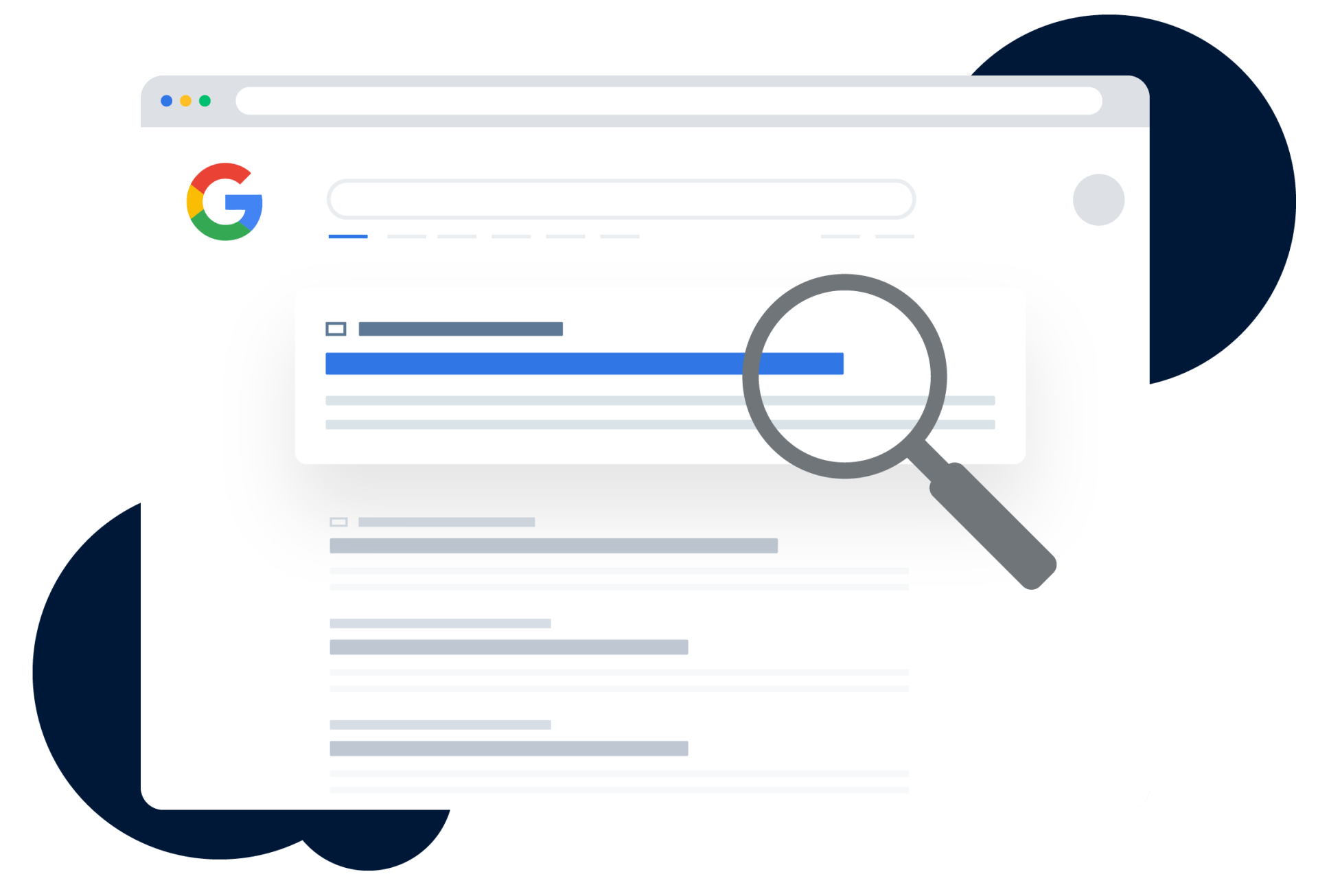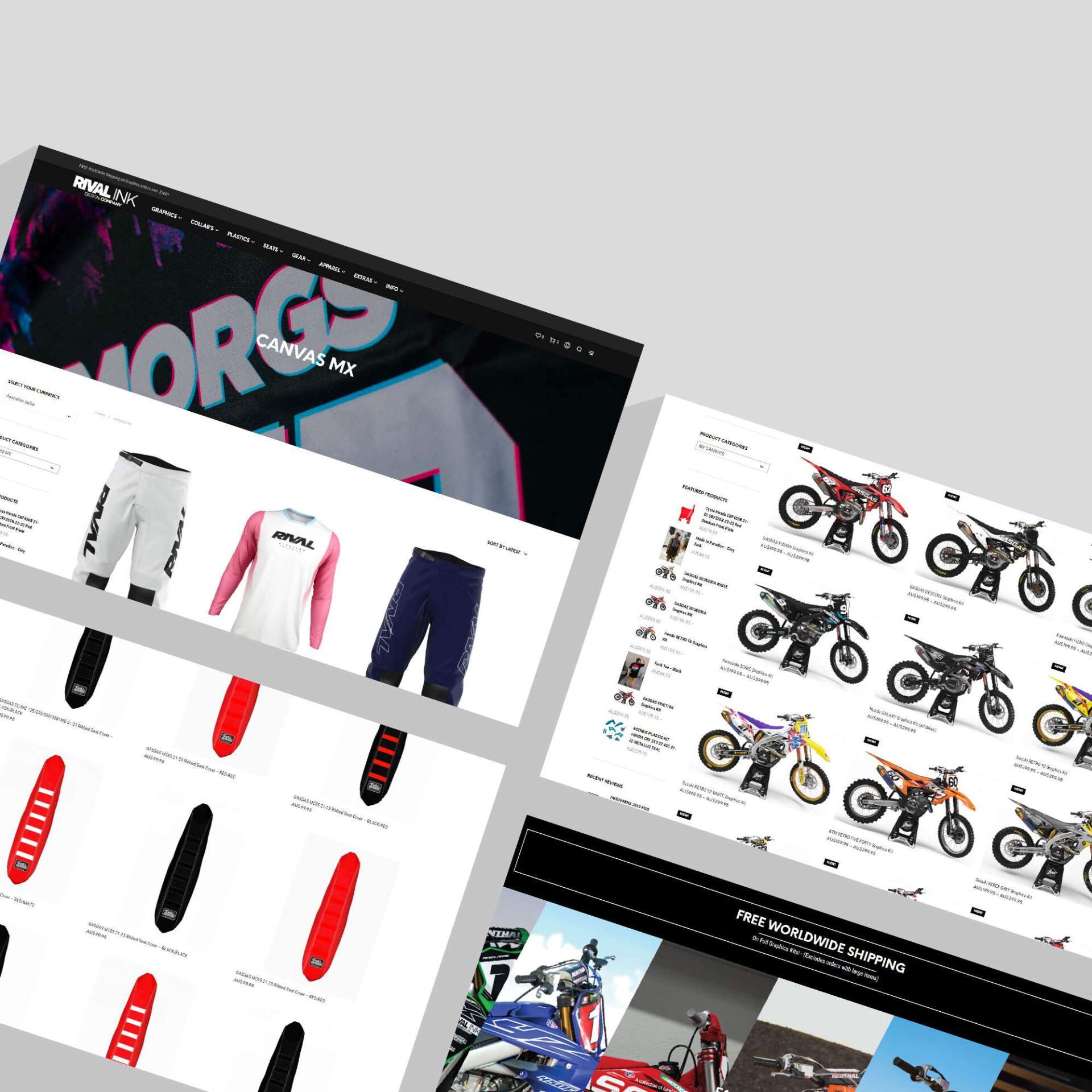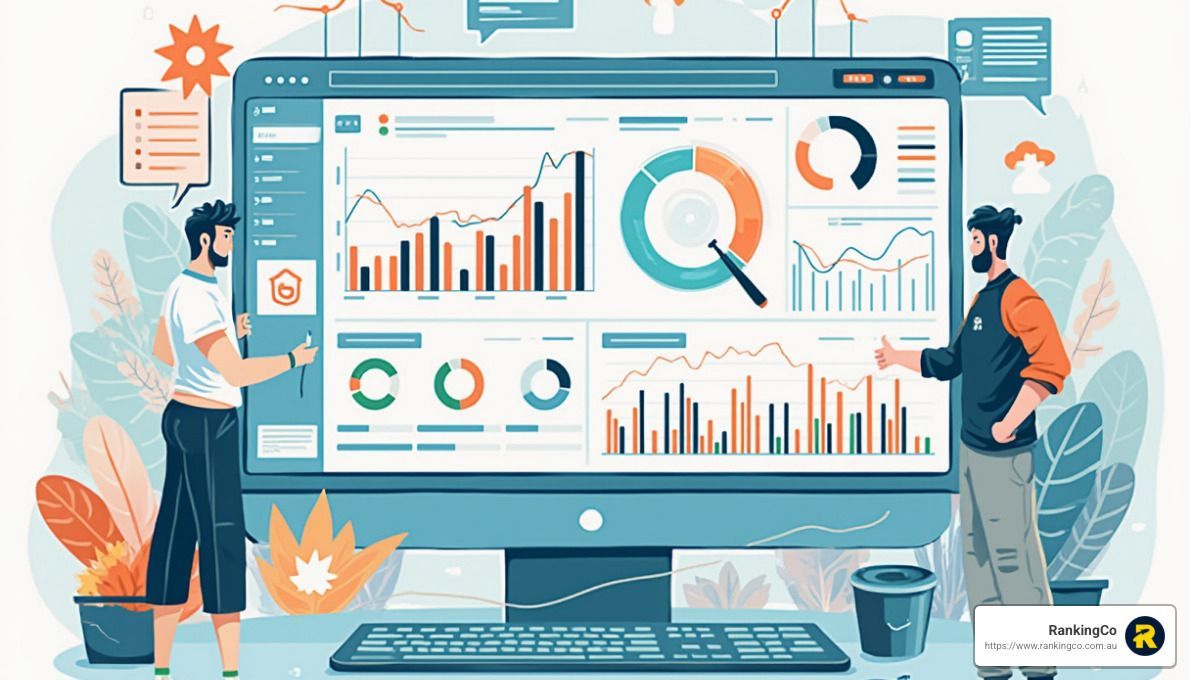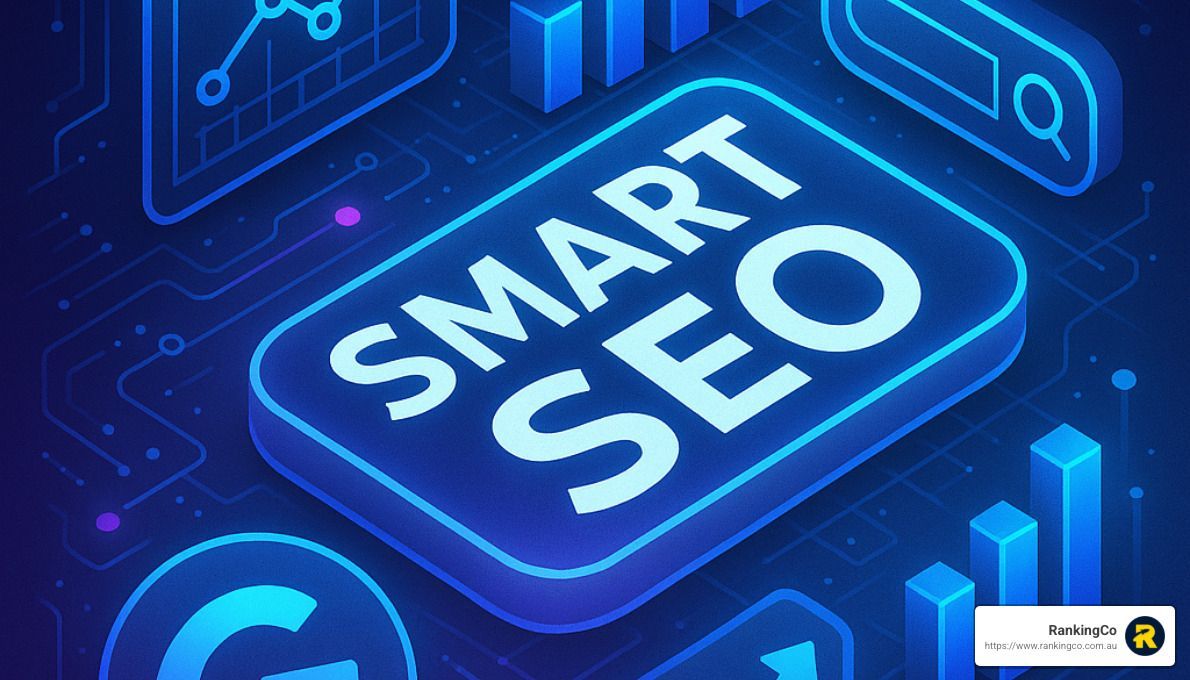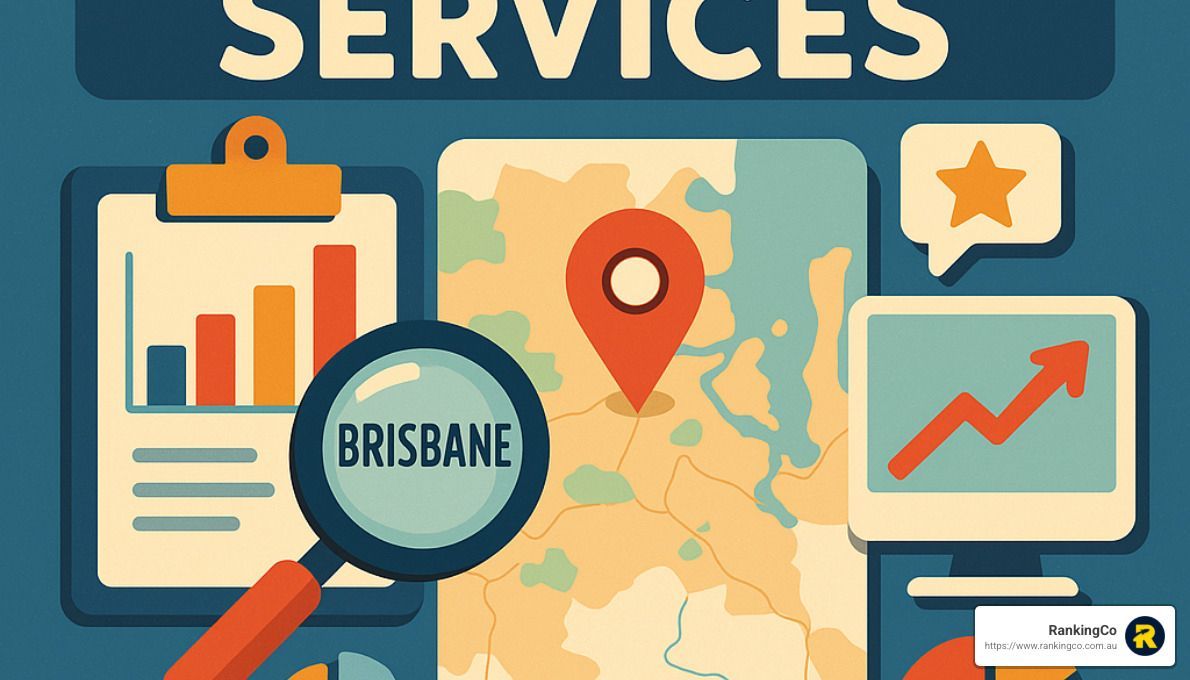Store Setup Success: How to Launch Your Online Store in Australia
Setting up an online store in Australia is a powerful way to tap into the booming ecommerce market. Whether you're a new entrepreneur or an established business owner, launching an online store can substantially boost your reach and sales. Here's how you can kick-start your journey:
- Conduct Market Research: Understand your target audience and your competition.
- Create a Business Plan: Outline your goals, budgets, and strategies.
- Register Your Business: Obtain an Australian Business Number (ABN).
- Select a Domain Name: Ensure it matches your business name for consistency.
- Build Your Online Store: Choose an ecommerce platform and secure payment options.
- Launch and Market Your Store: Use digital marketing strategies to attract customers.
The ecommerce landscape in Australia is thriving, with convenience driving consumers increasingly towards online shopping. From smartphones to tablets, Australian shoppers relish the ease of purchasing items with just a few clicks. Recently, Australians spent a staggering $34.18 billion on online retail, and this trend shows no sign of slowing down. This sets a promising stage for those exploring ecommerce ventures.
I'm Kerry Anderson, co-founder of RankingCo, and I have dedicated over 15 years to digital marketing, helping businesses thrive in the ecommerce world. My expertise lies in making the setup of an online store in Australia seamless, combining strategic marketing with the latest technology to maximize reach and engagement.
Understanding the Basics of Ecommerce
Ecommerce, short for electronic commerce, is all about buying and selling goods or services online. It's like having a shop that's open 24/7, where customers can browse, buy, and even pay from anywhere in the world. This means you can reach a global audience without needing a physical store.
Benefits of Ecommerce
There are several benefits of ecommerce that make it an attractive option for businesses:
- Global Reach: You can sell to anyone, anywhere. Your store is not limited by geography.
- Always Open: Customers can shop at any time, even outside your regular business hours.
- Lower Costs: Running an online store often costs less than a physical one. You save on rent, utilities, and staffing.
- Search Visibility: Products can be easily found through search engines, increasing your chances of being found.
- Easy Promotion: Online products are easier to promote through digital marketing channels.
Online Marketplaces
Online marketplaces are platforms where multiple sellers can list their products. Think of them like digital malls. Some popular examples include eBay, Amazon, and Etsy.
These platforms offer several advantages:
- Ease of Setup: Getting started is usually quick and straightforward.
- Built-in Traffic: These sites already have a large number of visitors, so your products are more likely to be seen.
- Security and Payment Handling: Marketplaces have their own systems for managing payments and ensuring security.
However, there are some downsides to consider. You have less control over your store's policies and appearance. Plus, fees can be higher compared to using your own ecommerce platform.
Ecommerce in Australia is booming, and understanding these basics will help you decide the best way to start your online business. By leveraging the benefits of ecommerce and utilising online marketplaces wisely, you can effectively expand your reach and grow your business.
Next, we'll explore the essentials of choosing the right ecommerce platform to ensure your online store is set up for success.
Setting Up an Online Store in Australia
Choosing the Right Ecommerce Platform
When setting up an online store in Australia, the first step is to choose the right ecommerce platform. This decision is crucial as it will affect how you handle everything from inventory to customer transactions.
Platform Features: Look for platforms that offer user-friendly interfaces, customizable templates, and robust analytics. BigCommerce and Shopify are popular choices, known for their ease of use and powerful features.
Payment Processing: Choose a platform that supports multiple payment methods like credit cards, PayPal, and Afterpay. This flexibility can increase your sales by making it easier for customers to pay. PayPal is widely trusted and accepted, making it a safe bet for new online stores.
Security: Ensure your platform provides strong security measures, such as SSL certificates, to protect customer data. This builds trust and is essential for preventing data breaches.
Designing Your Online Store
Once you've chosen a platform, the next step is designing your store. This involves creating a brand that resonates with your audience and ensures a seamless shopping experience.
Branding: Your brand is more than just a logo. It's your store's identity. Decide on your brand values and mission. This will guide your design choices, from the color scheme to the tone of your messaging.
User Experience (UX): A well-designed store is easy to steer. Make sure your site is clutter-free and intuitive. Use clear calls-to-action and ensure your product descriptions are informative.
Mobile Optimisation: With over 26% of ecommerce transactions in Australia occurring on mobile devices, optimise your store for mobile users. This means ensuring your site loads quickly and looks good on smaller screens.
Setting up an online store involves several key steps, from selecting the right platform to designing a user-friendly site. By focusing on these areas, you'll be well on your way to launching a successful online business in Australia. Next, we'll dig into the legal requirements you need to be aware of to keep your business compliant.
Legal Requirements and Compliance
Launching an online store in Australia involves more than just picking an ecommerce platform and designing your site. It's crucial to ensure your business complies with all legal requirements. This not only protects you but also builds trust with your customers.
Business Licenses
Before you start selling, check if you need a business license. In Australia, the necessity for a license can depend on your location and the nature of your products. Registering for an Australian Business Number (ABN) is a must for any business, as it allows you to operate legally and helps with tax purposes.
Consumer Laws
Australia has strict consumer laws to protect buyers, and your online store must comply with these. The Australian Consumer Law (ACL) ensures that products sold are safe and meet certain standards. You must provide accurate product descriptions, honor warranties, and offer refunds for faulty goods.
"Understanding and adhering to consumer laws is crucial for establishing trust and avoiding legal troubles."
Privacy Policies
Data privacy is paramount. Your online store must have a clear privacy policy that explains how customer data is collected, used, and protected. This is not just good practice but a legal requirement under the Privacy Act 1988. Make sure your policy is easy to find and understand.
Implementing these legal requirements ensures your business is compliant and trustworthy. Next, we'll explore effective marketing strategies to help your online store thrive.
Marketing Your Online Store
Leveraging SEO for Online Success
Marketing your online store effectively is key to attracting customers and driving sales. One of the most powerful tools in your marketing toolkit is Search Engine Optimisation (SEO). Let's explore how you can harness SEO, understand your target audience, and integrate social media to boost your online store's visibility and success.
Understanding Your Target Audience
Knowing who your customers are is the first step to successful marketing. Identify their needs, preferences, and online behaviors. This helps tailor your marketing strategies to reach them effectively.
Use tools like Google Analytics to gather insights about your audience's demographics and interests.
SEO is all about making your online store visible to search engines like Google. When done right, it can significantly increase traffic to your site.
- Keywords: Identify the words and phrases your potential customers are using to search for products. Incorporate these keywords naturally into your website content, product descriptions, and blog posts. This increases the chances of your store appearing in search results.
- On-Page SEO: This involves optimising individual pages on your site. Focus on elements like meta tags, headings, and image alt texts. Ensure your website is mobile-friendly and fast-loading, as these factors impact your search rankings.
- Content Marketing: Create valuable and engaging content that appeals to your audience. This could be blog posts, videos, or infographics. High-quality content not only attracts visitors but also encourages them to stay on your site longer, which is a positive signal to search engines.
Social Media Integration
In today's digital landscape, social media is a powerful tool for marketing your online store. Platforms like Facebook, Instagram, and Pinterest allow you to connect directly with your audience.
- Engage with Your Audience: Post regularly and interact with your followers through comments and messages. This builds a community around your brand.
- Share Content: Use social media to share your blog posts, product updates, and special promotions. This drives traffic back to your online store.
- Use Hashtags: Incorporate relevant hashtags to increase the visibility of your posts and reach a wider audience.
Combining SEO and Social Media
Integrate your SEO and social media efforts for maximum impact. For example, use the keywords you identified in your social media posts and profiles. This not only improves your social media presence but also supports your SEO strategy.
By focusing on SEO, understanding your audience, and leveraging social media, you can significantly boost your online store's visibility and sales. Next, we'll address some frequently asked questions about setting up an online store in Australia.
Frequently Asked Questions about Setting Up an Online Store in Australia
Do I need a business license to sell online in Australia?
Yes, you generally need a business license to sell online in Australia. This involves registering your business and obtaining an Australian Business Number (ABN). The ABN is essential for tax purposes and to legally operate your business. Depending on your location and the type of products you sell, you may also need additional permits or licenses. It's crucial to check with local authorities to ensure you're compliant with all legal requirements.
How do I create my own online store in Australia?
Creating your own online store in Australia involves several key steps:
- Choose an Ecommerce Platform: Select a platform like Shopify or Square Online, which offers all the tools you need to start selling online. These platforms provide features like secure payment processing, inventory management, and customer data collection.
- Register Your Business: Obtain your ABN and register your business name. This is a vital step to ensure your business is recognized legally.
- Design Your Online Store: Focus on branding, user experience, and mobile optimization. Your store should be visually appealing and easy to steer to attract and retain customers.
- Set Up Payment and Shipping: Configure payment gateways to accept various payment methods, such as credit cards and PayPal. Also, set up shipping options that suit your product range and target market.
- Launch and Market Your Store: Once everything is set up, launch your store and start marketing it using SEO strategies and social media integration to reach a broader audience.
What are the benefits of selling online?
Selling online offers numerous benefits, including:
- 24/7 Shopping: Your store is always open, allowing customers to shop at their convenience, whether it's day or night.
- Global Reach: Unlike a physical store, an online store can reach customers worldwide, expanding your potential market exponentially.
- Lower Overheads: Online stores often have lower operating costs compared to brick-and-mortar stores, as they don't require physical retail space.
- Data Insights: Online selling provides valuable customer data, helping you understand buying behaviors and tailor your marketing strategies accordingly.
These advantages make setting up an online store in Australia an attractive option for entrepreneurs looking to tap into the growing ecommerce market.
Conclusion
Setting up an online store in Australia is a promising venture, and with the right strategies, it can lead to significant success. As we've explored, the key to thriving in the digital marketplace lies in a combination of strategic planning and effective execution.
At RankingCo, we understand the nuances of launching and growing an online store. Our expertise in digital marketing strategies, especially our focus on local SEO, ensures that your business reaches its full potential. We leverage advanced AI technologies to stay ahead of market trends, helping you craft campaigns that resonate with your target audience.
Local SEO is crucial for online stores aiming to capture the Australian market. By optimizing your website for local search terms, you can improve your visibility among customers searching for products in your area. This means more traffic, more engagement, and ultimately, more sales.
Our team at RankingCo is dedicated to helping you steer the complexities of digital marketing. From setting up your ecommerce platform to crafting targeted advertising campaigns, we are here to support your journey every step of the way. We aim to not just meet but exceed your expectations, setting new benchmarks in performance and results.
For more information on how we can assist you in building a successful online store, visit our Ecommerce Sites page. Let's work together to make your online business a success story.

